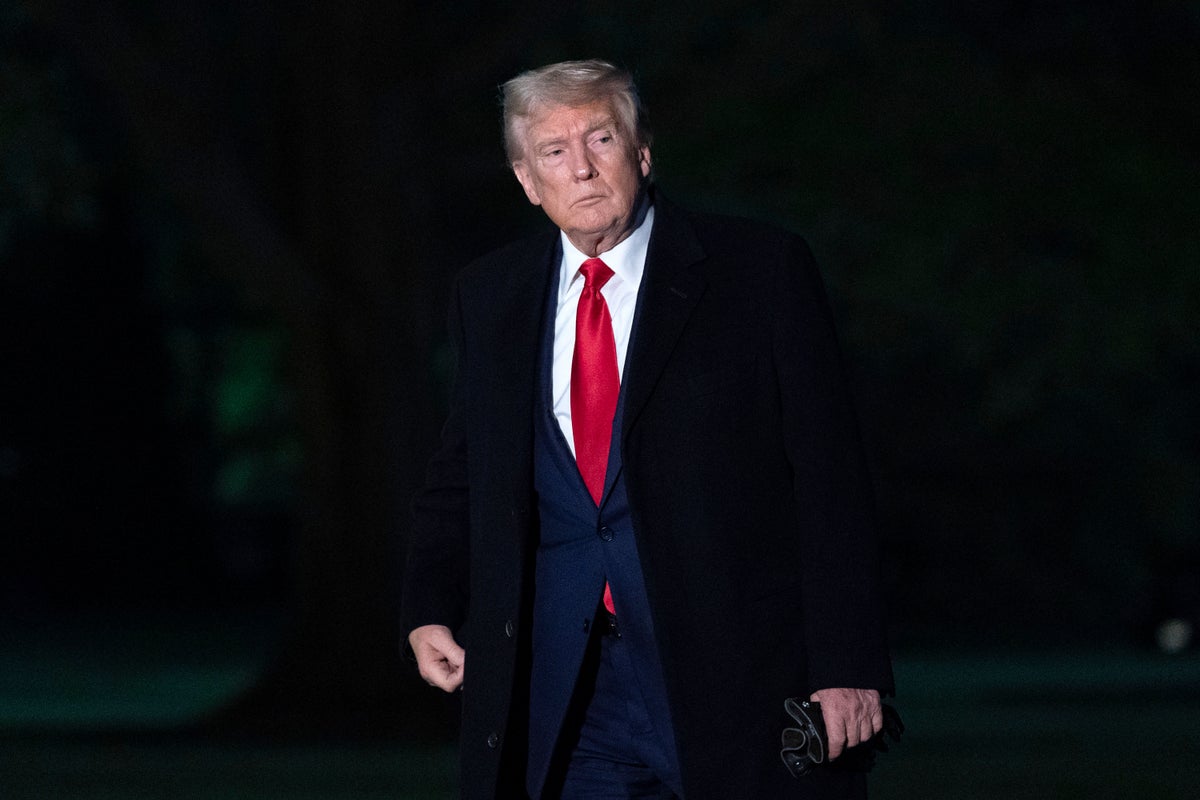President Donald Trump claims he wants to boost American manufacturing, but his tariff policies appear to be doing the very opposite, creating chaos and uncertainty.
The administration’s back-and-forth policies are making it more difficult for U.S. companies to both sell and make their products.
Costs are going up as demand is decreasing, as buyers — domestic and international — slow down their spending amid the uncertainty. The new American trade policy is turning the international trading system upside down and creating chaos in the financial markets as the risk of a recession rises.
The dollar has decreased in value while Treasury yields have risen amid investors’ departure from both, over concerns that the U.S. government is not as reliable as it once was.
The consequences have been worse for companies buying and selling from China, which was slapped with a 145 percent tariff last week. However, those who usually have regular transactions with other countries tell The Washington Post that buyers remain wary of the chaos, at times pausing orders or cancelling shipments as they wait to see what will come of the Trump administration’s policies.
Paul Sadoff owns Rock Lobster Cycles, which makes custom bikes that ship worldwide from Santa Cruz, California.

“This whole uncertainty over ‘tariffs are here, tariffs are gone’ has been damaging on its own,” he told The Post. “My orders have certainly slowed. Why would someone in Japan or Australia or Canada order an American bike if things could change dramatically again next week? It’s like everything is frozen.”
The Trump administration has claimed that the new tariffs were part of a plan to boost American manufacturing, even as less than 10 percent of Americans work in factories, according to the Bureau of Labor Statistics. Since 2000, 4.5 million factory jobs have been lost.
Manufacturing trade groups now say that they’re facing a litany of calls from members worried about canceled orders and stunted growth.
Suzanne Shriner is the president of Lions Gate Farms, which sells coffee grown in Hawaii to customers in Asia and Europe.
“When you lay out tariffs and yank them back, over and over, the threat of it wears off and turns into an unwillingness to work with American companies,” she told The Post. “We’ve been exporting internationally for 20 years, and all of a sudden our markets are closing up.”
The company lost nearly all its business in China during the first Trump administration as the country struck back with levies on U.S. agricultural products, she said.
In the first few months of the second Trump administration, the U.S. has shaken almost every trading relationship it has, economists tell The Post.
This comes as NVIDIA announced on Monday that it will produce AI supercomputers in Arizona and Texas. “The company has commissioned more than a million square feet of manufacturing space to build and test NVIDIA Blackwell chips,” the firm states on its site.
Production has begun at chip plants in Phoenix, and supercomputer manufacturing plants are being built with Foxconn in Houston and Wistron in Dallas. “Within the next four years, NVIDIA plans to produce up to half a trillion dollars of AI infrastructure in the United States,” the company adds.
“Adding American manufacturing helps us better meet the incredible and growing demand for AI chips and supercomputers, strengthens our supply chain and boosts our resiliency,” NVIDIA founder and CEO Jensen Huang said in a statement.
However, as the Trump administration attempts to make new trade deals with dozens of countries, many businesses say they remain in limbo.
Consumers expect unemployment and inflation to worsen as economic confidence nears an all-time low, the University of Michigan found in a survey published Friday.
“It’s become extremely difficult for U.S. manufacturers to keep doing business, which is ironic because that’s the very group these tariffs are supposed to protect,” Fox Rothschild international trade attorney Lizbeth Levinson told The Post.
“Businesses are putting everything on hold,” she added. “They literally can’t plan from one day to the next.”



